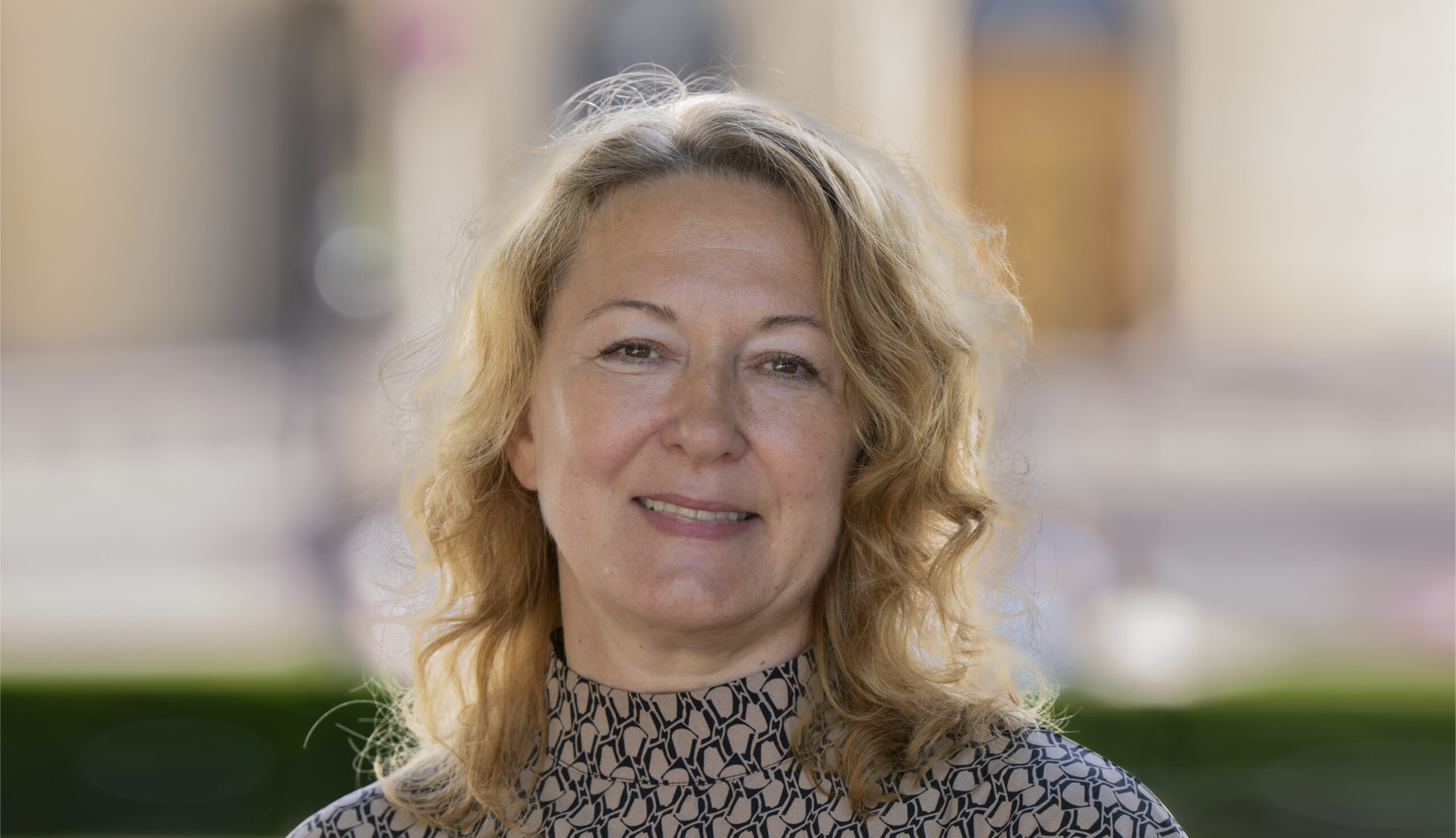My name is Elena Eriksen, and I carry three cultures in my heart: Norwegian, Russian, and Ukrainian. My father was half Norwegian, from the Kola Norwegians, and half Russian, and my mother was Ukrainian.
I grew up in a small town on the Crimean Peninsula, by the shores of the Black Sea. Back then it was the Soviet Union, and we thought little about whether someone was Russian, Ukrainian, or something else. What mattered most was who you were as a person. All my life I have spoken Russian, and Russian literature has deeply influenced me. Today it is expected that one takes sides – but how can I do that without splitting myself into three? At school we learned both Russian, Ukrainian, and other languages, and became acquainted with different cultures through history, literature, and music. In the summers we visited my mother’s family in Poltava. We spoke what came naturally to us – Russian and Ukrainian alternated. Norway had always been a part of me, and my father and I dreamed of one day being able to travel there and perhaps find relatives.
For me there was never any doubt about what I wanted to become. The sea and life there fascinated me, so I traveled to Astrakhan, north of the Caspian Sea, to study marine biology and aquaculture. Later I worked at a research institute.
But times changed. The country I loved began to falter. When the Soviet Union collapsed, everything was turned upside down and torn apart, and with it came economic uncertainty, unrest, and increasing crime. Life became increasingly difficult. My husband and I worked, but inflation ate up our income, wages came increasingly late, empty store shelves created unrest among people, and the future looked quite dark. This was the Russia I left in 1997. It was a difficult decision, but we chose to move to Norway. Just as my ancestors moved from Skjerstad in Nordland to Russia at the end of the 1800s during an economic crisis in Norway. History repeats itself. While we learned the language and received training in computer use, we were on NAV. NAV also helped us enter the workforce, and after three years in temporary positions, I got a permanent job.
Today I work with what I am passionate about, research on the sea, and I carry with me both memories from the Black Sea and the Caspian Sea and experiences from the Barents Sea. The journey has been long, but it has given me a rich perspective, with both feet firmly planted in research, and my roots anchored in multiple cultures. I love my job. After the divorce, I raised my two fantastic sons alone – it became both challenging and a great joy to see them grow and mature. I love Bergen, the world’s most beautiful city, and the mountains of Western Norway, which take my breath away every time I stand on top. Life took shape, and I enjoyed the time with my sons when they were home. At work I thrived, and I got many new hobbies.
But in recent years I have felt a growing unease about societal development, especially the political development that revolves around conflict and war. The language among politicians has become harsher, more aggressive, more absolute. Narratives have replaced facts and nuanced assessments. Hatred is increasing in society, and strong images of suffering, death, and destruction have become part of everyday life on TV.
For me, with roots in three cultures, it hurts to witness everything that is unfolding between Russia, Ukraine, and Norway. The proxy war against Russia, which is playing out in Ukraine, is a tragedy for everyone, but most of all for Ukrainians, who experience their country being emptied of people and natural resources. After eight years of civil war, the Ukrainians chose a new president in hope of quick peace, but instead got a prolonged war with Russia. Now many Ukrainians want an end to the war, but instead receive promises of more weapons from politicians who believe that more weapons will bring faster peace. At the same time, the same politicians refuse to acknowledge the genocide in Palestine and do not demand the lifting of the blockade. Instead, they invest in weapons manufacturers who support the genocide. The logic seems to be completely gone, but the logic exists and it lies in the pockets of those who profit from wars.
I have never been politically active, but have always been a conscious voter. First I voted for parties that shared my values and views on important social issues. Eventually I discovered that many changed their positions when they came to the Storting. Therefore I began to vote more strategically, but without much effect. That’s why I became a member of the FOR party, the only party that talks about peace and will fight for it through diplomacy, not weapons. I was elected as the first candidate from Vestland, and I take this responsibility very seriously. At the same time, it is frightening to step into unknown territory among many experienced people, but I see it as my only opportunity to contribute to peace and better living conditions for the majority.
 NO
NO